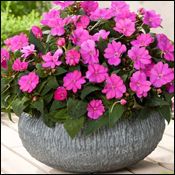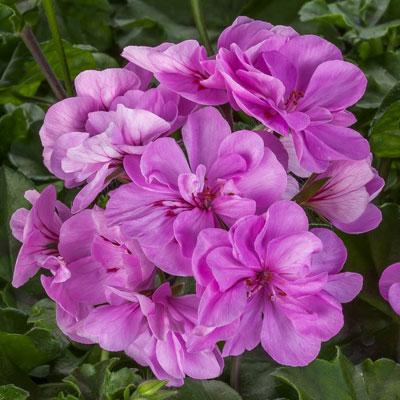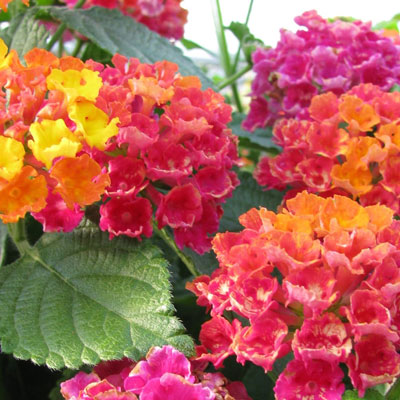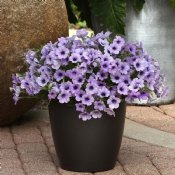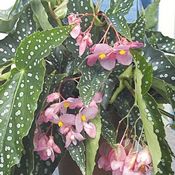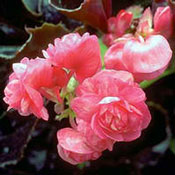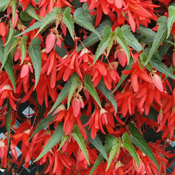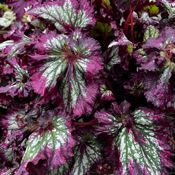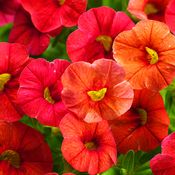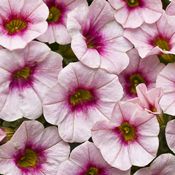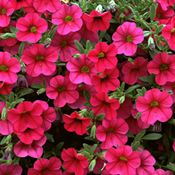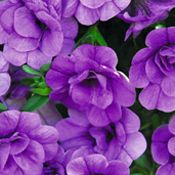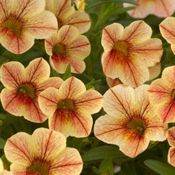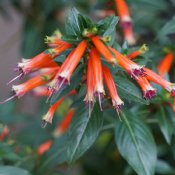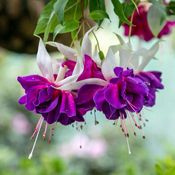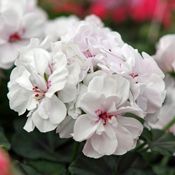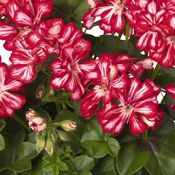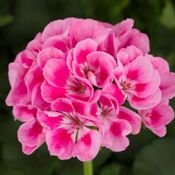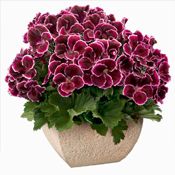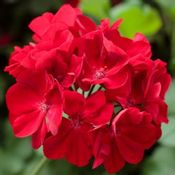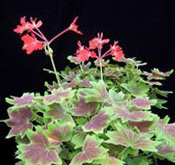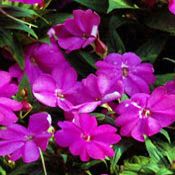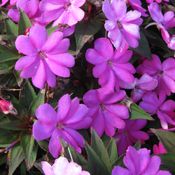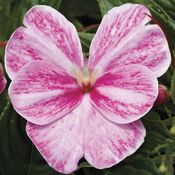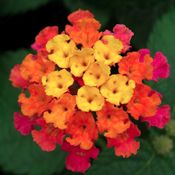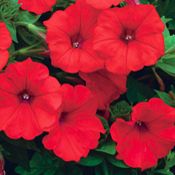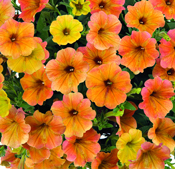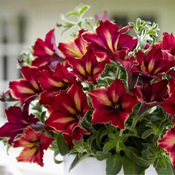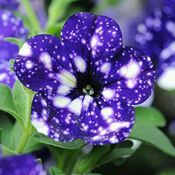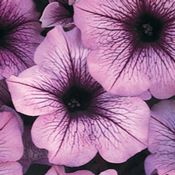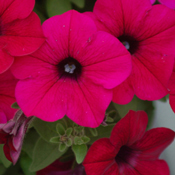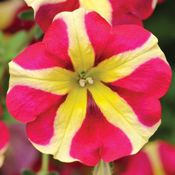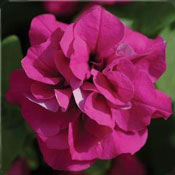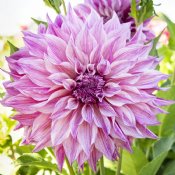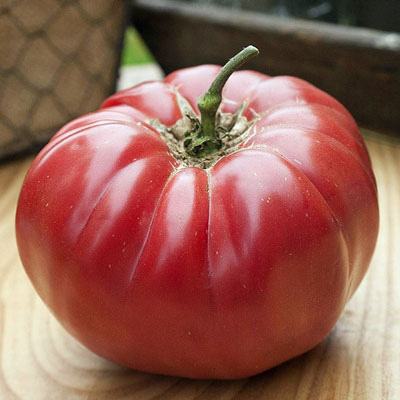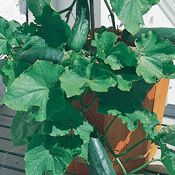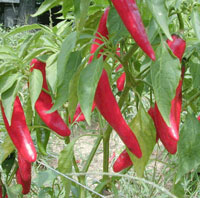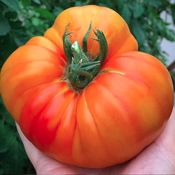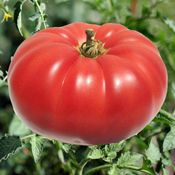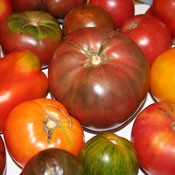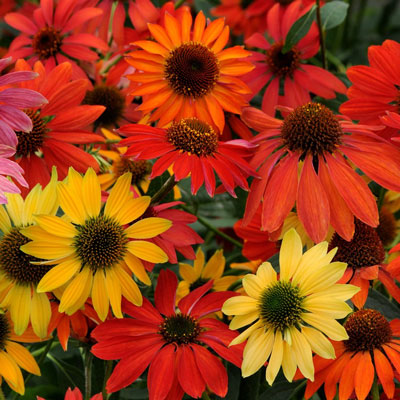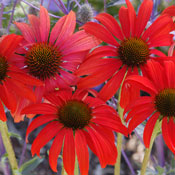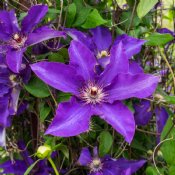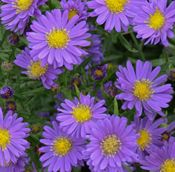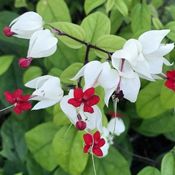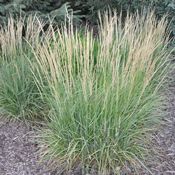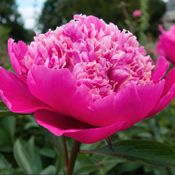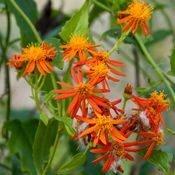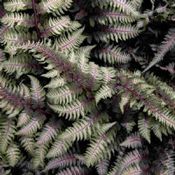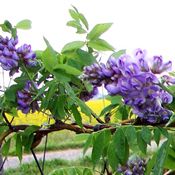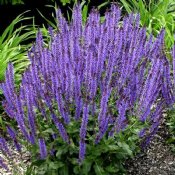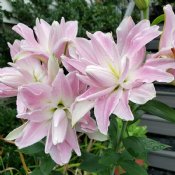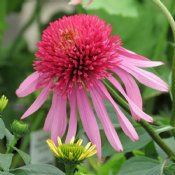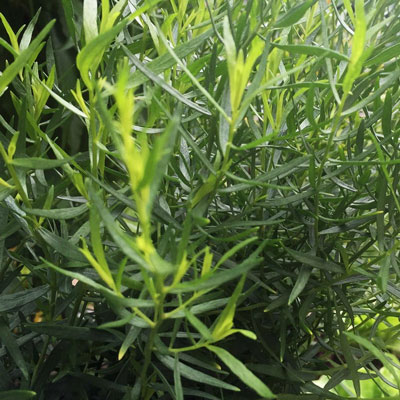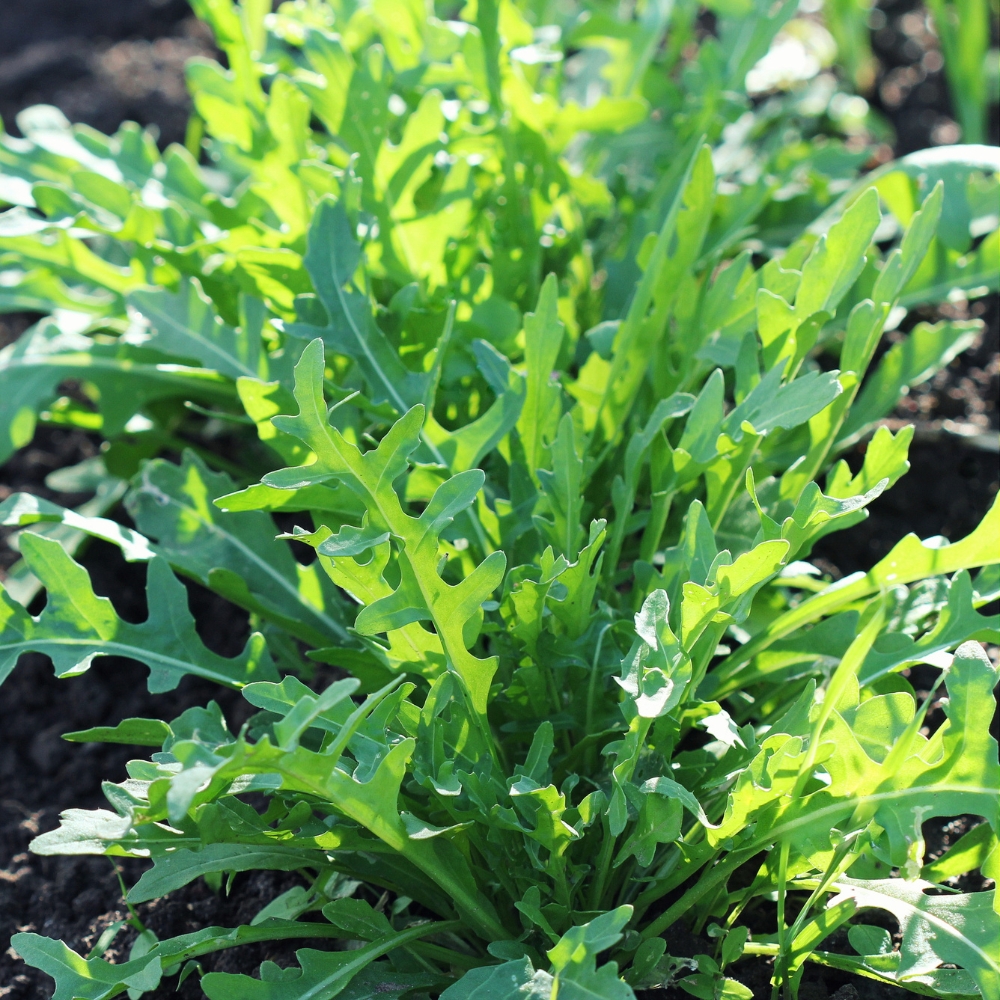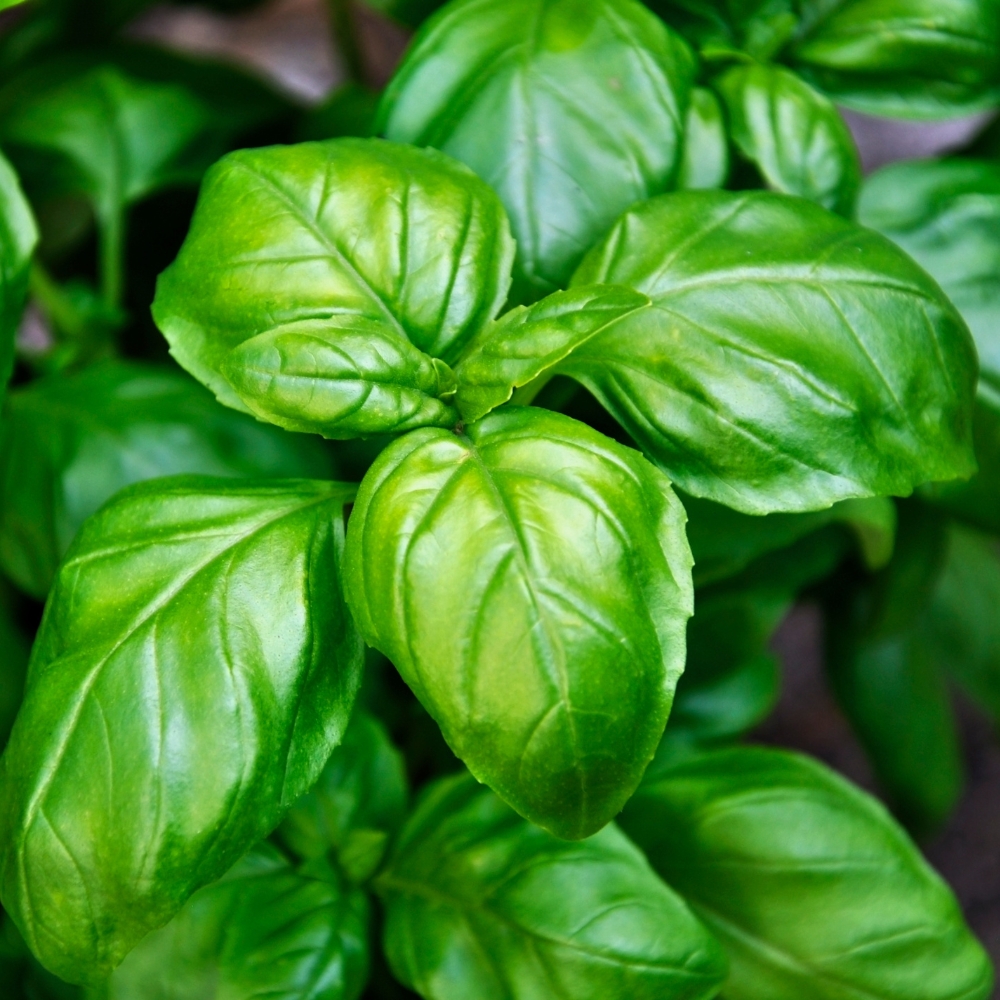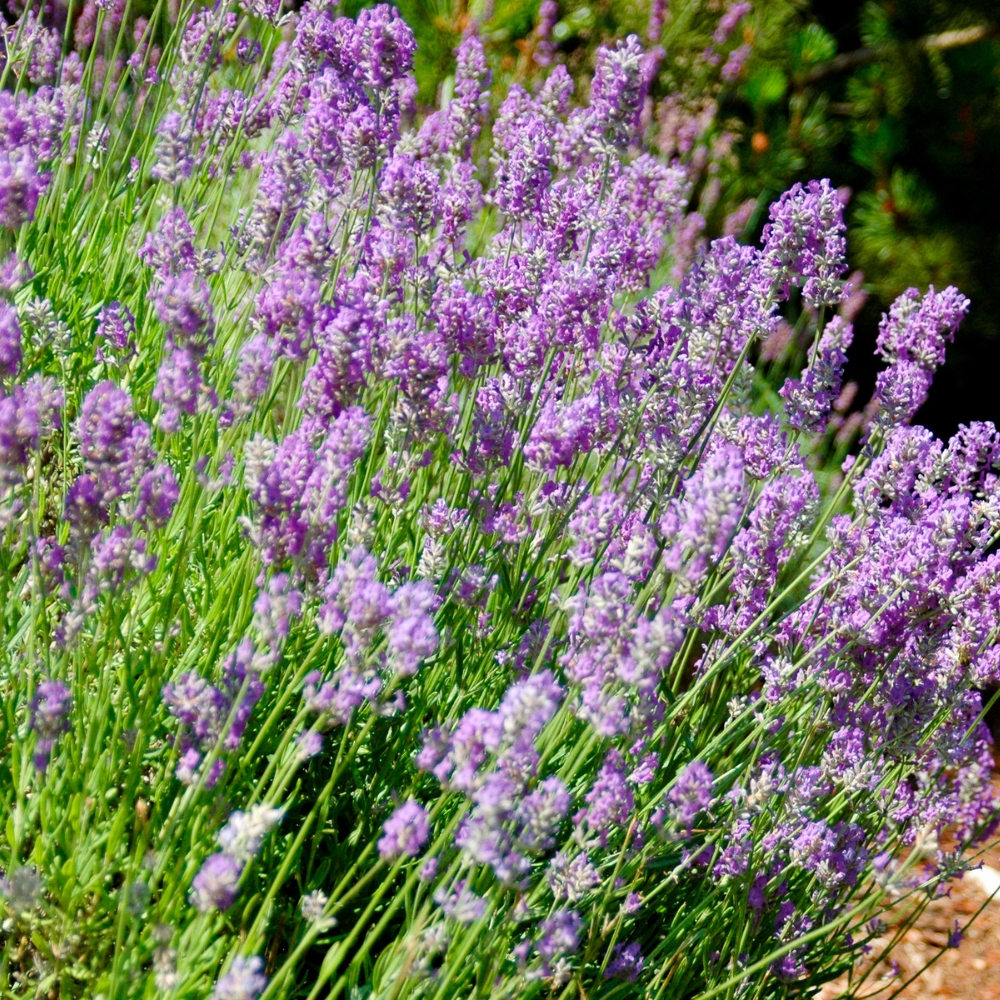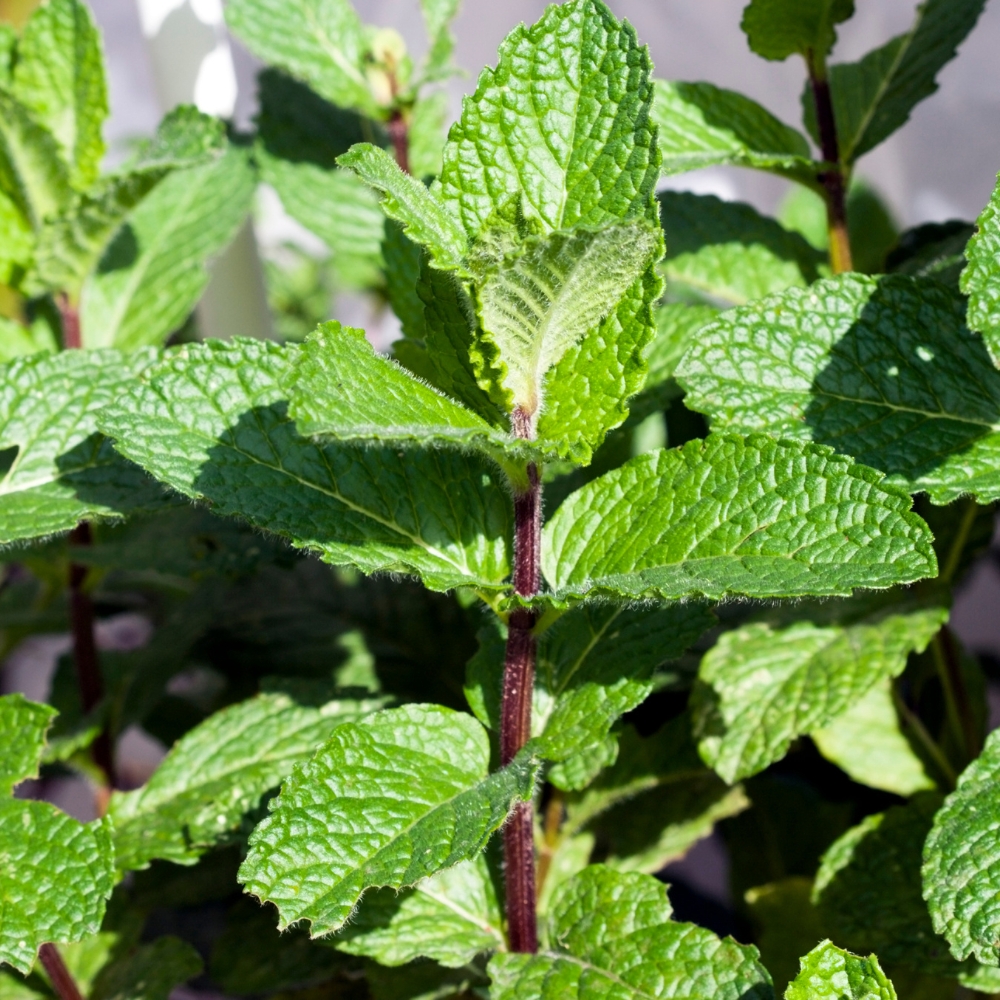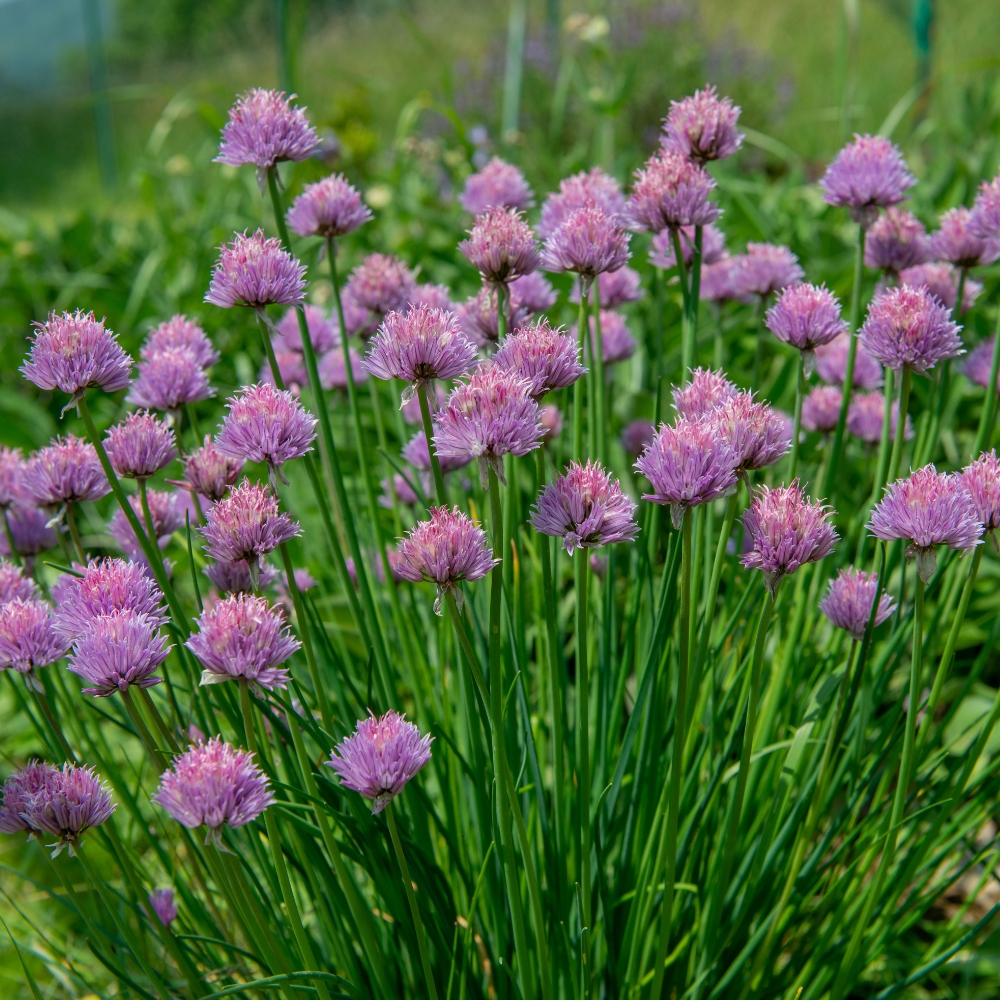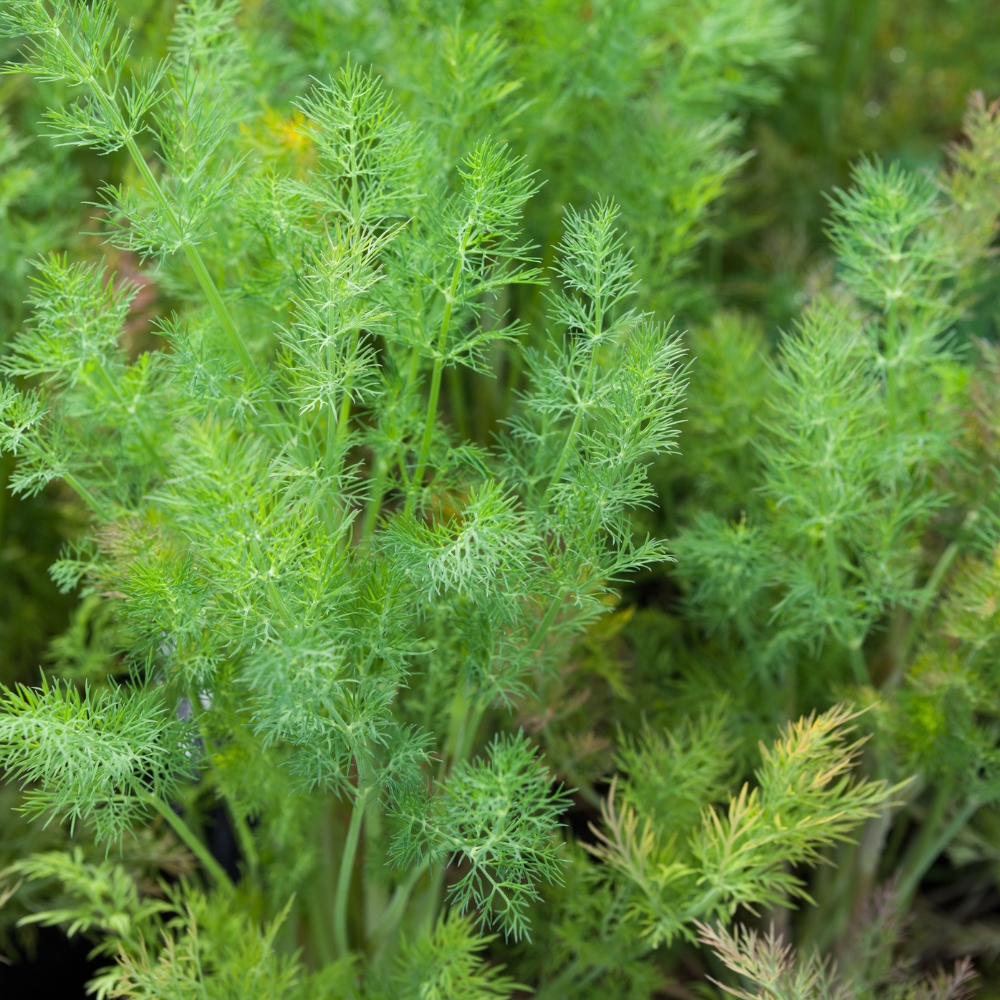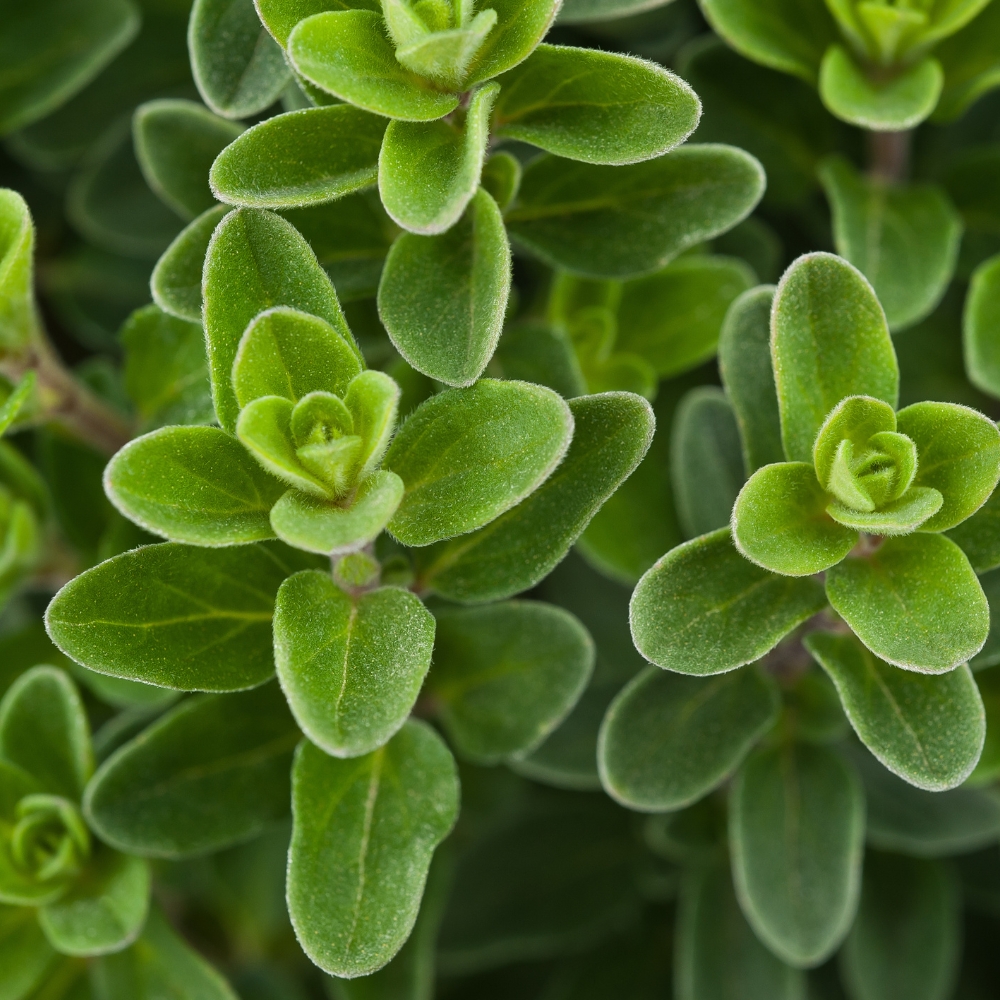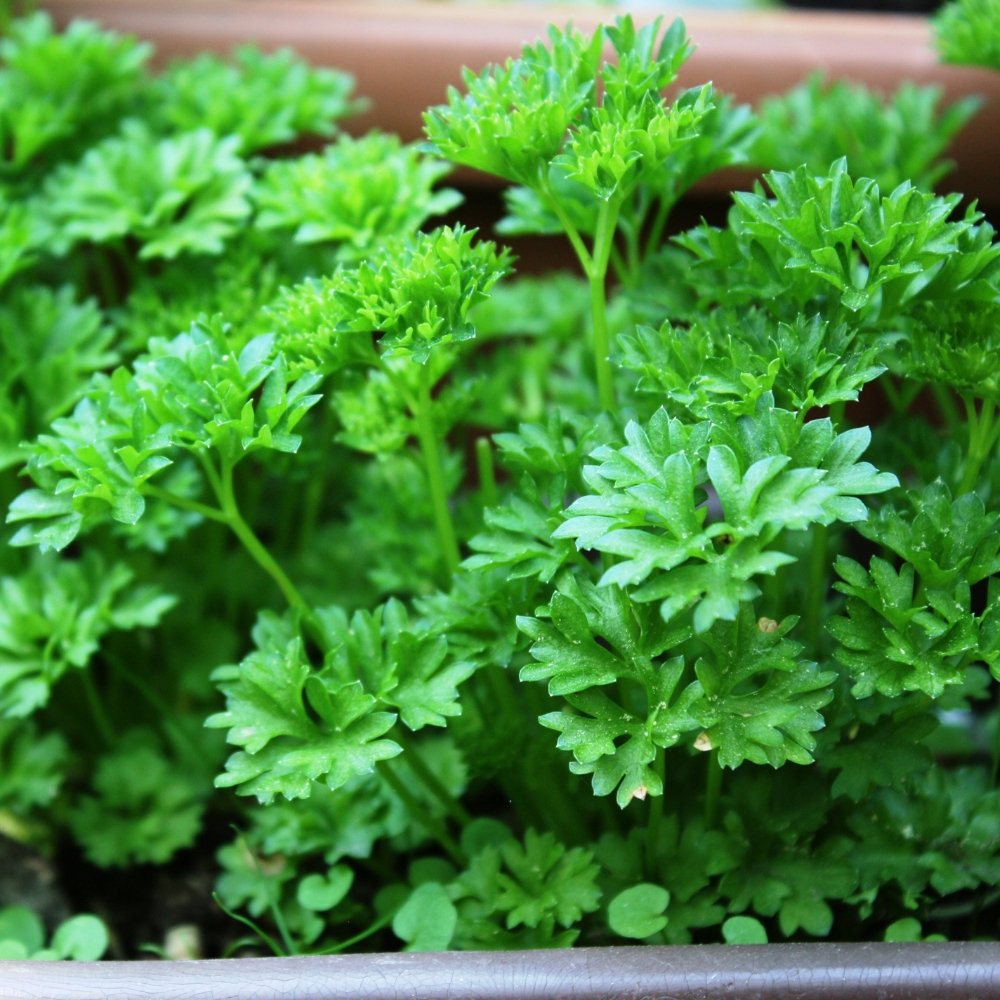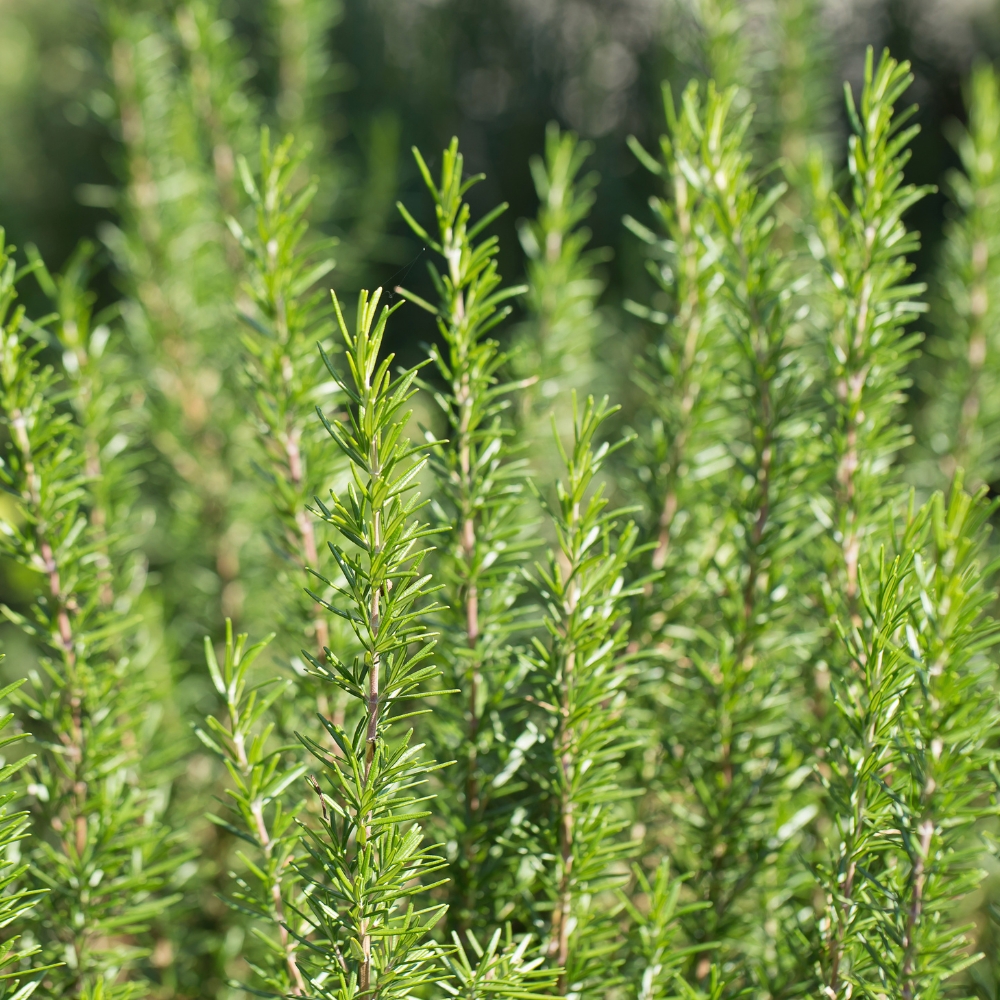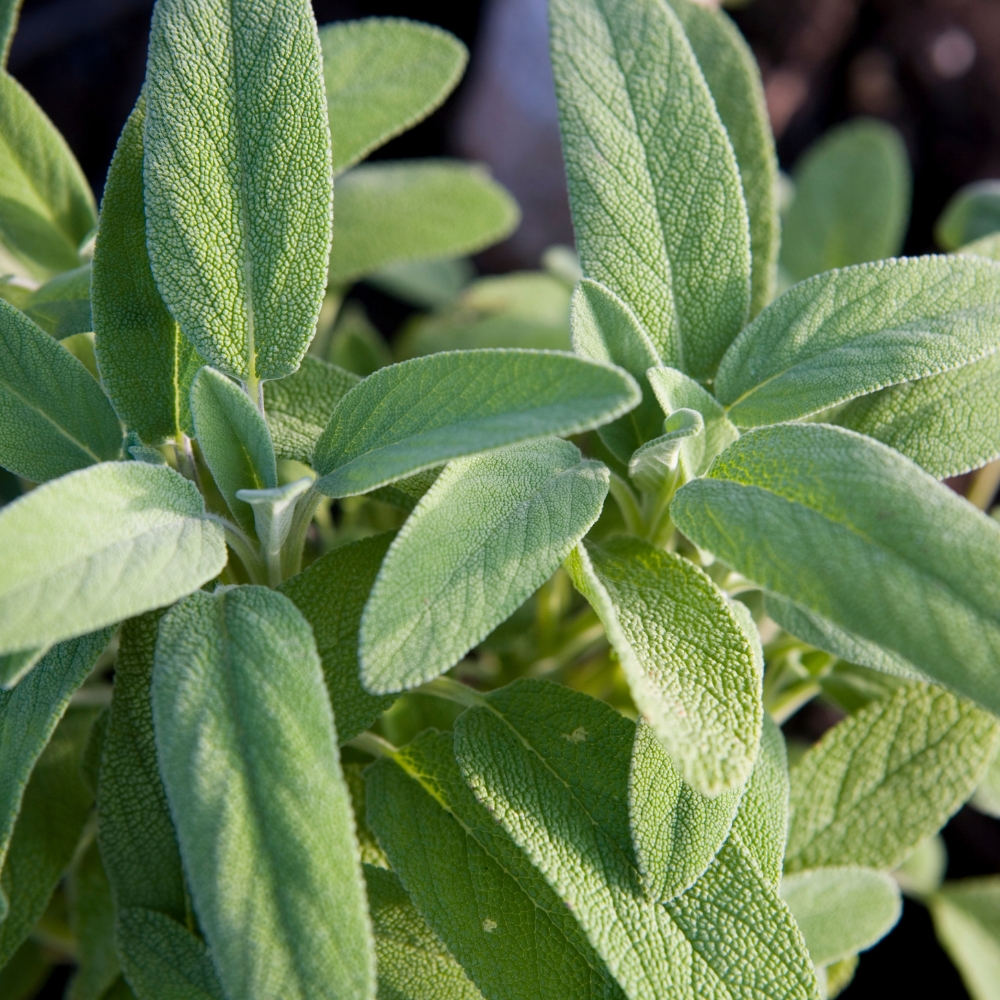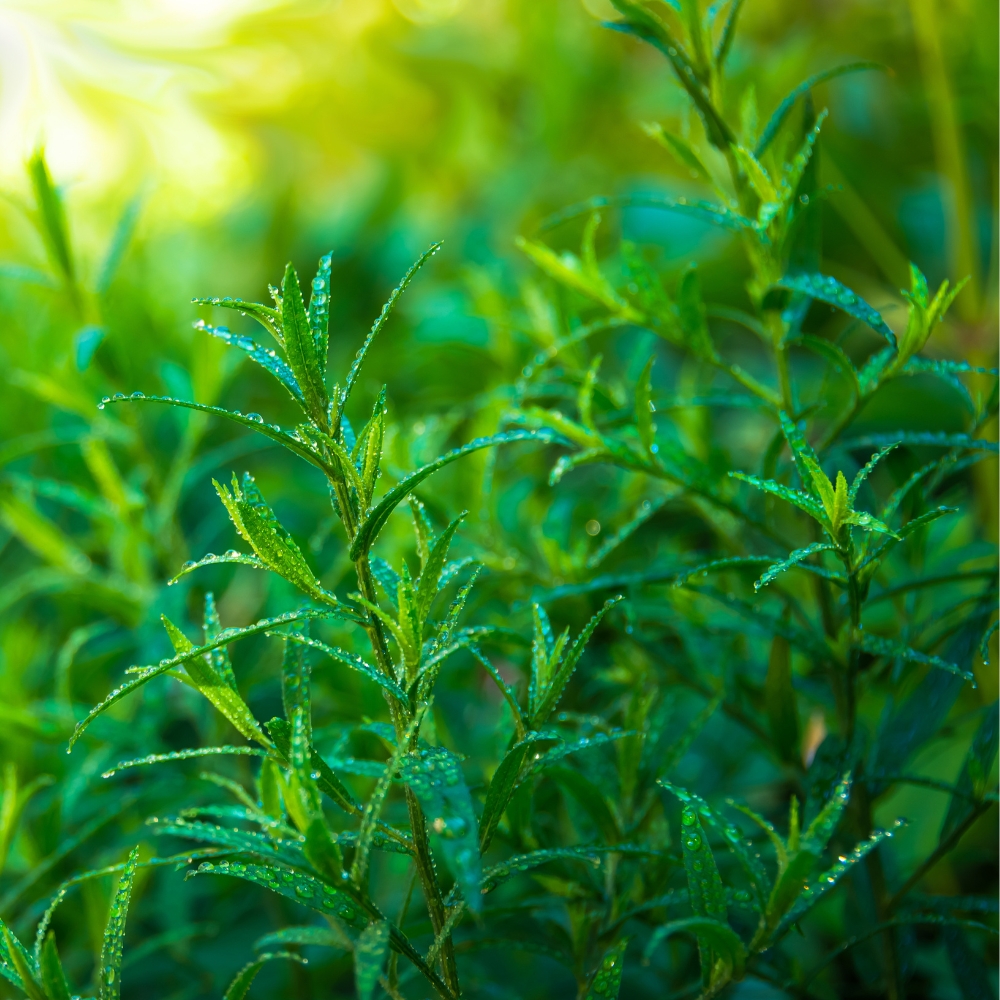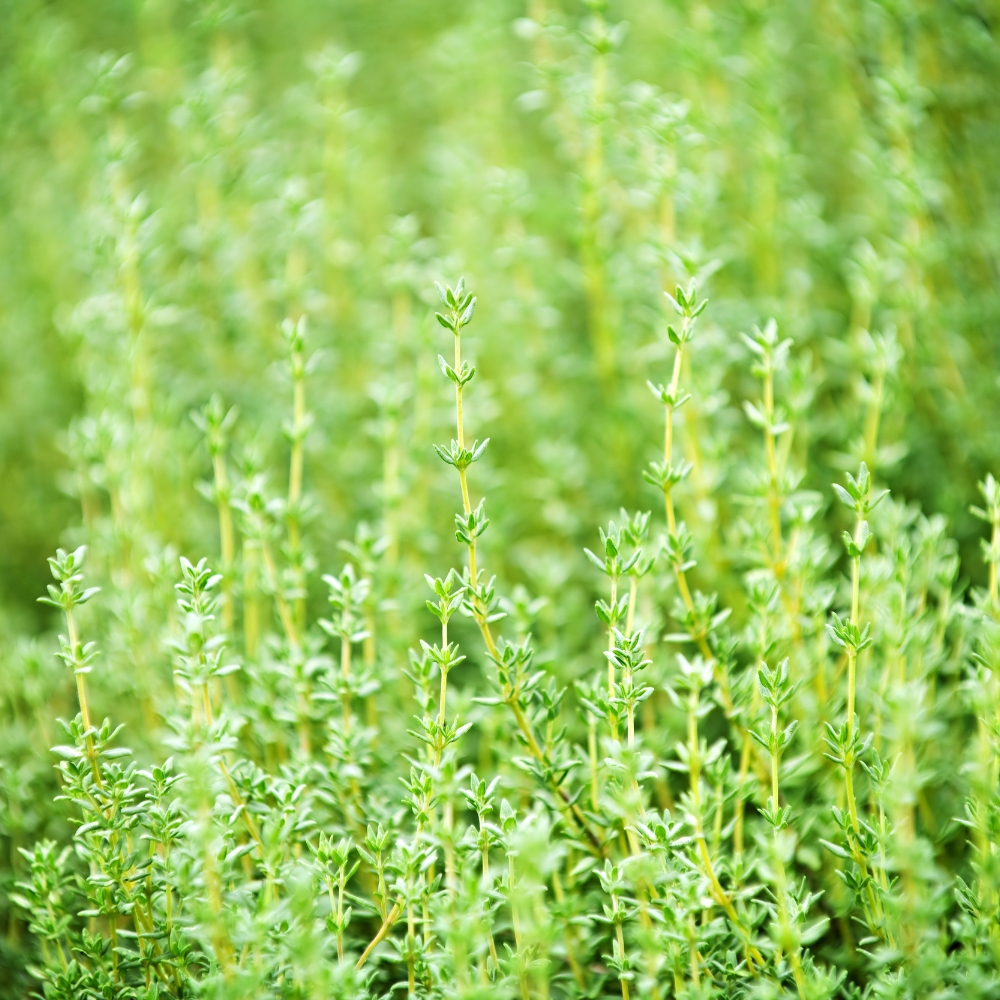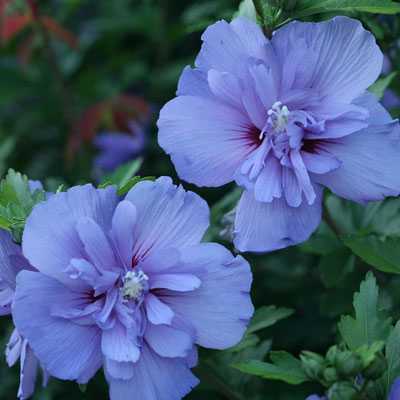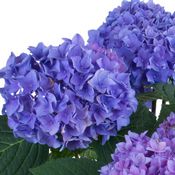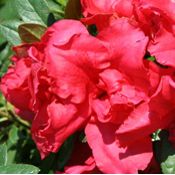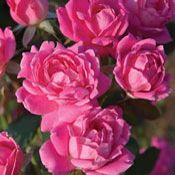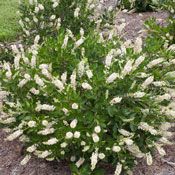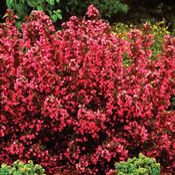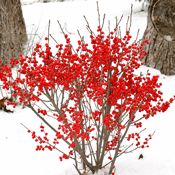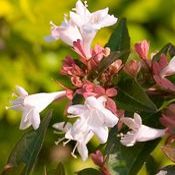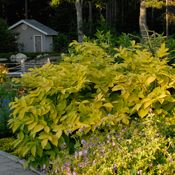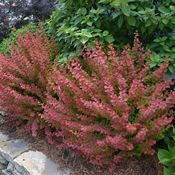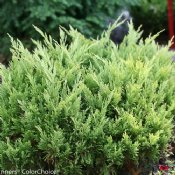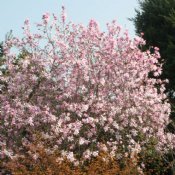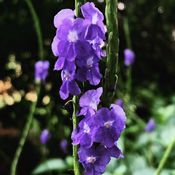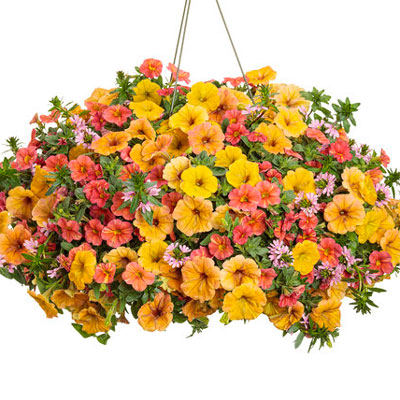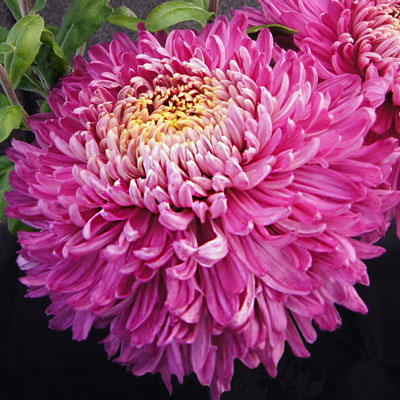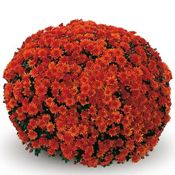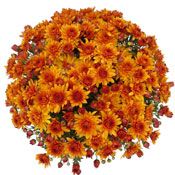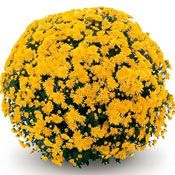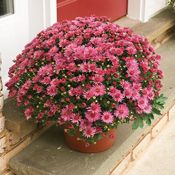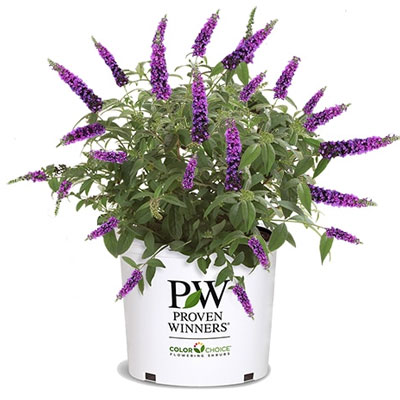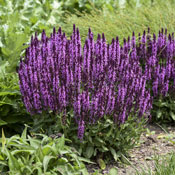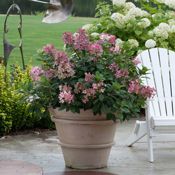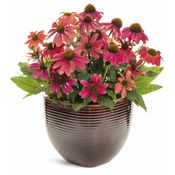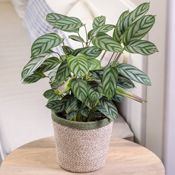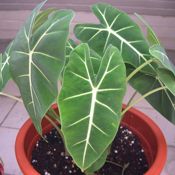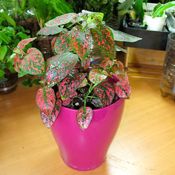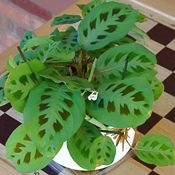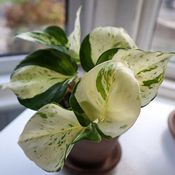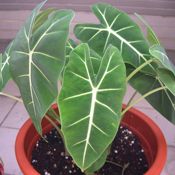
Mosquitoes are more than just a nuisance; they are carriers of numerous, potentially deadly diseases, the worse ones being West Nile Virus, Zika Virus, Dengue Virus, and Malaria, which is now the most common mosquito-borne disease in the US. Dengue Virus and West Nile Virus are runner ups, though they definitely are not deserving of a statue or recognition for that ranking. Cases, of course, fluctuate from year to year and many may go unreported, but the last thing you want is to be a statistic.
Unfortunately, in our quest for a mosquito-free environment, we often resort to chemical repellents, spraying them over our yards, where we gather, and then on ourselves and our children, completely overlooking nature’s own arsenal against these pests— certain plants. Though these chemicals have been approved and deemed safe by the EPA (Environmental Protection Agency) in specific doses for use on human beings, our children are much more susceptible to the side effects from using chemical repellants. UCLA Health recommends calling your local poison control center if your child has stomach irritation, nausea, vomiting, disorientation, seizures, very low blood pressure, or very slow heartbeat after being sprayed with or handling any type of insect repellant. According to UCLA Health you even have to beware of one of the most innocuous-sounding ingredients in common repellents, i.e. oil of lemon eucalyptus. Yard sprays are no better. They are not a long-term solution and can cause harm to beneficial pollinators, such as bees and butterflies, which should give you pause the next time you think about spraying your yard for mosquitoes. Just like chemical fertilizers, mosquito repellants can seep into the ground water, poisoning one of our most valuable resources.
Plants, on the other hand, do no harm to yourself, your children, pollinators, or the environment. And they can be just as effective as a chemical repellant. Let’s explore how certain plants can help deter your local mosquito population, by diving into the science behind this natural repellent method and how to effectively incorporate natural mosquito repellants into your lifestyle.
Understanding Mosquitoes: Breeding, Behavior, and Preferences
To effectively use plants as a deterrent, it’s essential to understand mosquito behavior. Mosquitoes breed in standing or slow-moving water, thrive in warm and humid conditions, and are most active during dusk and dawn. They are attracted to carbon dioxide, body heat, sweat, and even specific blood types. However, their flight range is generally limited to a few hundred feet from their breeding site, although some species can travel further. So, in addition to using a natural repellent, you should be ensuring that there is no standing water in the area around your home. A wheelbarrow, a hubcap, inside the rim of an old tire, just about any little place that can hold one ounce or one inch of water; that is all it takes for a mosquito to breed and reproduce. Adult, female mosquitoes usually lay 100 eggs, on the moist surface just above the waterline. When the larvae hatch, they enter the water, developing into a pupa, and then an adult flyer in just 8 – 10 days. You will be unlikely to ever see the eggs because they are so small and…a little known fact: they stick to surfaces like glue and can dry out and still hatch up to 8-months later!
The Power of Plants-The Natural Mosquito Repellent
Many plants have developed natural defenses against insects, including mosquitoes. These defenses often come in the form of essential oils within the plants, which are released when the leaves are crushed or bruised. It is crucial to note that merely having these plants in your garden will most likely not be enough to keep mosquitoes at bay; the key is in the active engagement of their oils. Here are some plants known for their mosquito-repelling properties:

Lavender (Lavandula): Loved for its scent and beauty, lavender’s essential oils are believed to interfere with a mosquito’s ability to smell. And since they home in on sweat, this makes perfect sense.
- Type: Perennial
- Growing Zones: Thrives in USDA zones 5 to 9.
- Growing Tips: Lavender prefers full sun, well-drained soil, and good air circulation. This aromatic flowering plant is drought-tolerant once established.

Marigold (Tagetes): These flowers emit a fragrance that repels mosquitoes. They’re also useful against aphids, thrips, and other garden pests. Many gardeners plant Marigolds around their vegetable gardens to naturally deter these pests.
- Type: Almost always grown as an Annual.
- Growing Zones: USDA Zones 2 to 11; in warmer climes they may come back every year, as they easily reseed.
- Growing Tips: Marigolds grow best in full sun and well-drained soil. Water at the base and deadhead for more prolific blooming.

Catmint (Nepeta): Studies have shown Catmint to be more effective than DEET. Its aromatic oils are a potent mosquito repellent.
- Type: Perennial
- Growing Zones: USDA zones 3 to 8.
- Growing Tips: Catmint loves full sun to light shade and well-drained soil. Prune after first bloom for a second flowering.

Rosemary (Salvia rosmarinus): Rosemary’s woodsy scent is excellent for keeping mosquitoes and other pests like cabbage moths at bay. This woody herb does double duty in the kitchen.
- Type: Perennial
- Growing Zones: Hardy in USDA zones 7 to 10.
- Growing Tips: Rosemary requires full sun, well-drained soil, and can be grown in pots in colder climates.

Basil (Ocimum basilicum): Known for its strong scent, Basil is effective in repelling mosquitoes and flies. Basil is also comfortable in the kitchen.
- Type: Typically grown as an annual or as a perennial indoors.
- Growing Zones: Perennial in USDA zones 10—11, Annual everywhere else.
- Tips: Basil prefers warm weather, full sun, and moist soil. Harvest leaves regularly for bushier growth.

Bee Balm (Monarda): Bee Balm is attractive to beneficial insects and pollinators, but a deterrent to mosquitoes. This is a favorite for ‘butterfly gardens’!
- Type: Perennial
- Growing Zones: USDA zones 4 to 9.
- Growing Tips: Bee Balm thrives in full sun to partial shade and moist, well-drained soil. Divide plants every three years to prevent overcrowding.

Citronella Grass (Cymbopogon nardus)
- Type: Perennial
- Growing Zones: Thrives in USDA zones 10 to 12.
- Growing Tips: Citronella Grass requires full sun and well-drained soil. It does best in warm, humid climates but can be grown in pots in cooler regions, and then brought indoors during the winter. Water regularly but be careful not to overwater.

Lemongrass (Cymbopogon citratus)
- Type: Perennial (treated as an annual in cooler climates)
- Growing Zones: Hardy in USDA zones 9 to 11.
- Growing Tips: Lemongrass likes to be planted in full sun, in well-drained soil. It prefers warm temperatures and plenty of water. In cooler zones, grow it in a pot and move it indoors in the winter to protect it from frost.

Peppermint (Mentha piperita)
- Type: Perennial
- Growing Zones: Suitable for USDA zones 3 to 11.
- Growing Tips: Peppermint prefers partial shade to full sun and moist, well-drained soil. Peppermint can be invasive, so it may be wise to grow it in containers to prevent it from taking over your garden. Regular harvesting encourages new growth.

Scented Geraniums (Pelargonium spp.)
- Type: Typically grown as an annual
- Growing Zones: Perennials in USDA zones 10 and 11.
- Growing Tips: Scented Geraniums require full sun and well-drained soil. Allow the soil to dry out between waterings. Deadhead spent blooms to encourage more flowering. In cooler climates, geraniums can be overwintered indoors to protect them from frost.
Integrating Mosquito Repelling Plants into Your Lifestyle
While having these plants in your garden can contribute to a less mosquito-friendly environment; for more effective repellent effects, consider the following:
- Crush and Rub: Crush the leaves of these plants to release the oils and then rub them onto your skin.
- Plant Placement: Place potted plants in areas where you spend time outdoors, like patios, or near entrances, and do a little leaf crushing here, as well.
- Garden Design: Integrate these natural mosquito repellent plants into your garden, especially around seating areas or near windows and doors. Again, take some time to bruise some leaves.
Companion Planting
Companion planting can enhance the mosquito-repelling effectiveness of the plants mentioned above, while supporting garden health and biodiversity. Here are some companion planting strategies:
- Lavender pairs well with roses and other perennials, helping to deter aphids.
- Marigolds emit substances that deter nematodes and are great companions for vegetables.
- Catmint attracts pollinators and deters certain pests; it is also beneficial for vegetable gardens.
- Rosemary and Basil are excellent alongside vegetables to repel various pests.
- Bee Balm improves the health and yield of nearby plants like tomatoes, as it attracts those necessary pollinators.
Incorporating these companion planting strategies not only enhances the aesthetic appeal of your garden but also contributes to a balanced ecosystem, reducing the need for chemical interventions.
Limitations and Considerations
It is important to recognize the limitations of using plants as mosquito repellents. While effective to a degree, like chemical repellents, they are not a complete solution. Mosquitoes have evolved over millions of years and can adapt to many environments. Therefore, a holistic approach, combining plants with other preventive measures, such as eliminating standing water, using mosquito nets, and wearing protective clothing is recommended.
The use of plants as a natural mosquito repellent is a green, pleasant, and environmentally-friendly way to reduce your reliance on chemical repellent sprays. By understanding mosquito behavior and incorporating mosquito repelling plants into your garden and lifestyle, you can enjoy the outdoors with fewer unwanted guests , their nasty bites, and the diseases they can pass along. Remember, the key to success lies in actively using these plants – crush their leaves, release the oils, and let nature do the rest.

